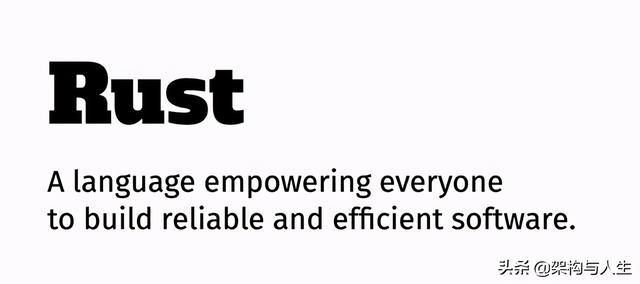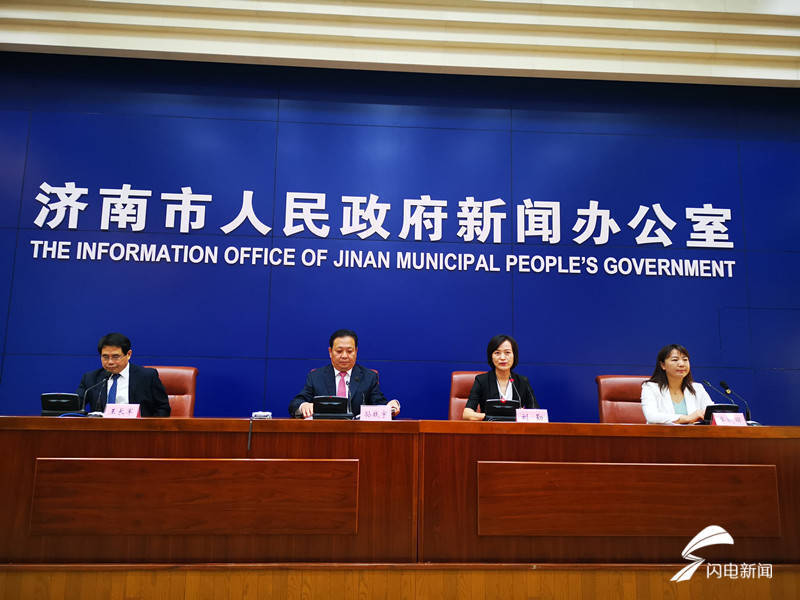中美竞争|张维为对话斯蒂格利茨:被特朗普破坏的全球化,该恢复了( 三 )
Zhang Weiwei:As we all agree, perhaps China is one of the few major beneficiaries of globalization. Even today, most Chinese support globalization. From my point of view, US corporations have also on the whole benefitted a lot from globalization. But I think due to what you have mentioned in your book, the political system, political institutional issues, gridlocks, whatever, somehow the interests have not been fairly distributed, at least part of it is redistributed across American society for the ordinary people. That's why a lot of people have grievances against globalization.
And I was wondering, at this time there is this tech war, trade war between China and United States. We saw the restriction on Huawei, Tiktok, and Ant Group. I wonder whether there is also what I call an extension of what you have described as power, economic power, US corporations supported by US government vis-a-vis the Chinese companies. I think there is an element of that. They are afraid of what we call the free and fair competition.
Stiglitz:I think clearly companies have always turned to governments for help. The joke is they believe in competition, but in other sectors, not their own, and for other people, the same thing. I always noticed businessmen were always against subsidies except in their own sector. Free market is something that applies to other people, but not to myself. Every company always says I'm in a special circumstance where I need assistance, protection, competition will be destructive, unfair. So that's the nature and you just have get used to it. That's the reality, but public policy should be very much not to allow large corporations to use the power of government to advance their interests.That's not what government is supposed to be doing.
I think there is still a need for multilateralism. Economists have made a strong argument that the real benefits of trade are global, and regional trade agreement don't resolve that.You can get what my colleague Jagdish Bhagwati refers to "Spaghetti Bowl" of complications of overlapping trade agreements with different provisions. To me, I think the biggest challange is the following. After the collapse of the Iron Curtain, the end of the cold war officially, Francis Fukiyama wrote this very influential book called The End of History, and it's sort of pollyannaish fantasy that we will all wind up as liberal democracies and free market economies.One of the arguments for trade liberalization was that it would hurry on the day of End of History where everybodyis a liberal democracy and a free-market economy. That fantasy, nobody believes in that any more. We're not converging to the same political and economic system, we're likely to have, going forward, different parts of the world working on different systems. That has very important implications, because the rules of game are easy to write if everybody is in the same economic system. But when there are different economic systems, writing what might be called fair, reasonable rules are really difficult.
推荐阅读
- 敷料|2020年中国医用敷料行业市场现状及竞争格局分析 奥美医疗稳居出口龙头地位
- 美剧去哪看|方大特钢: 立异晋升企业核心竞争力
- 股票|财鑫闻丨歌尔股份拟分拆上市歌尔微电子,旨在提升公司和微电子业务核心竞争力
- 大众报业·海报新闻|财鑫闻丨歌尔股份拟分拆上市歌尔微电子,旨在提升公司和微电子业务核心竞争力
- 蓝海观察|业务竞争大 合景悠活现价欠吸引
- 超美时尚屋|首份信托公司竞争力指数呈文发布 五矿信托、光大信托去年跃居前三甲
- 农业行业观察|三农日报|政策:我国要大力发展林下经济;刘畅:养猪企业竞争取决于成本
- |研发投入不及同行公司 协昌科技功率芯片核心竞争力备受质疑
- 金融|广东南粤银行荣膺“金鼎奖-卓越竞争力交易银行”奖项
- |如果高科技竞争不过中国,美国会怎么办?















